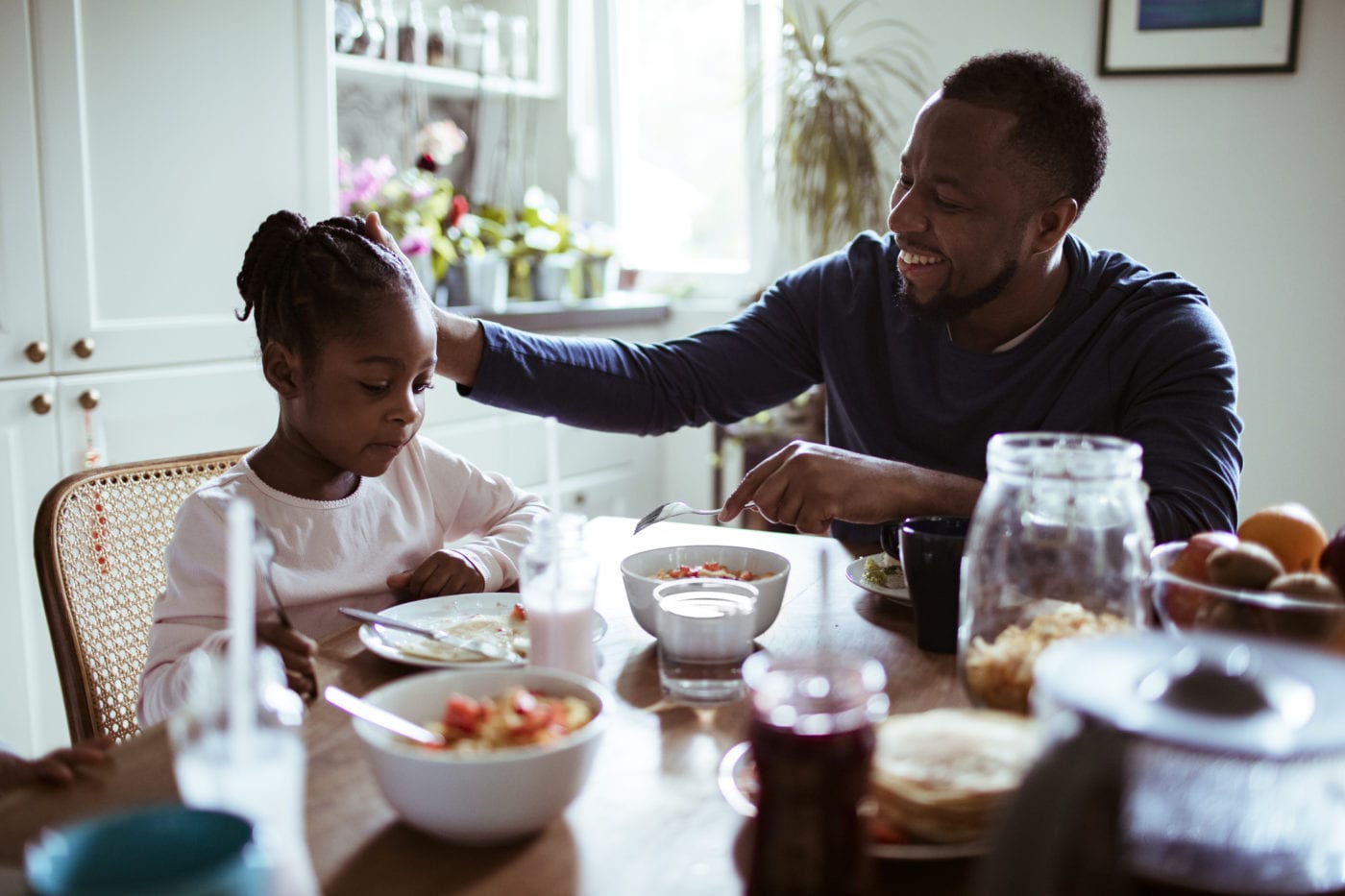My daughter is a senior in high school. In a few months, she will be graduating and moving out into the “real world.” She will make a series of decisions in the next few years that could determine her path through the rest of her life. She will have to decide what college to attend, what to study, what jobs to take, whom to marry, and where to live. Unfortunately, she may not be ready to make those decisions.
As she’s grown up, my wife and I have helped guide her. She has been active in sports and school organizations and seamlessly moved from one year to the next. She has always known what she was going to do. Now, as pressure is mounting for her to decide where to go to college, and she doesn’t have a plan, she is feeling increased anxiety about her future. And we are realizing we should have started talking about her college plans much earlier. Hopefully, it isn’t too late. As we develop our parenting skills and learn how to talk to kids about important things, we need to think about the topics we need to discuss. Here are 7 things to discuss with your kids before it’s too late.
1. Dating
This can be a very awkward topic to discuss with your kids, but the earlier you talk about it and the more often you talk about it, the more comfortable you and your kids will become with it. It’s important to teach them what’s appropriate when dating and model the character qualities you’d like to see in the people they date.
2. Driving
As our kids get closer to driving age, we need to utilize the time we spend in the car with them by talking to them about everything from how to pass, to reading traffic signs, to how to work a gas pump. We also need to talk to them about what to do in emergency situations, when they have a flat tire on the highway, when they are in an accident, or when they get pulled over by a police officer.
3. Responding to Unknown People on Social Media
From a young age, our kids know they shouldn’t talk to a stranger at the park or while walking down the street. But what have we taught them about strangers online? On the internet, it’s much more difficult to determine someone’s true personality or identity. Strangers online may attempt to engage our kids in inappropriate conversations, obtain pictures of our kids, get personal information, or even try to meet our kids in person. We need to talk about this before they are approached online.
4. Drugs and Alcohol
Eventually, someone will invite your child to use some type of drug. Do your kids know how to respond? We need to prepare them for various scenarios so they can react well in any situation. We have to give them tools so they can avoid making a costly mistake. They need to be prepared with responses like, “My dad would kill me if he found out,” “I might get kicked off my team,” or “I don’t want to risk it making me sick.” They also need to know how to leave the situation. I have a code word with my kids. If they text me that word, I will immediately pick them up no matter where they are or what they are doing, and I will supply the excuse.
5. Responsible Management of Money
When I was younger and newly married, I thought I was very responsible with my money. I didn’t spend it. My wife later informed me that I wasn’t being responsible—I was being cheap. There is a distinction there. Sometimes we need to spend our money, sometimes we need to save it, sometimes we need to invest it. It’s critical for our kids to grasp these differences.
6. Friends
As our kids get older, especially moving into teenage years, the decisions their friends make can have a more lasting impact on them, and peer pressure can be very difficult. It is crucial that our kids feel comfortable expressing their opinion when their friends are tempted to make bad decisions, and more importantly that they are not tempted to follow in making the poor decision.
7. Careers
As our kids move into high school, they will need to sign up for classes. To know which classes to take, they need to have a plan for what to do after high school. It can be specific or wide open, but the thought process needs to begin early. With my daughter, I failed in this area. We did not have enough early conversations. I am hopeful she will make the right decisions, but an earlier start definitely would have made it a smoother transition.
Sound off: What other topics are important to discuss with our kids?











Huddle up with your kids and ask, “What would you do if you learned that one of your friends is about to make a bad decision?”